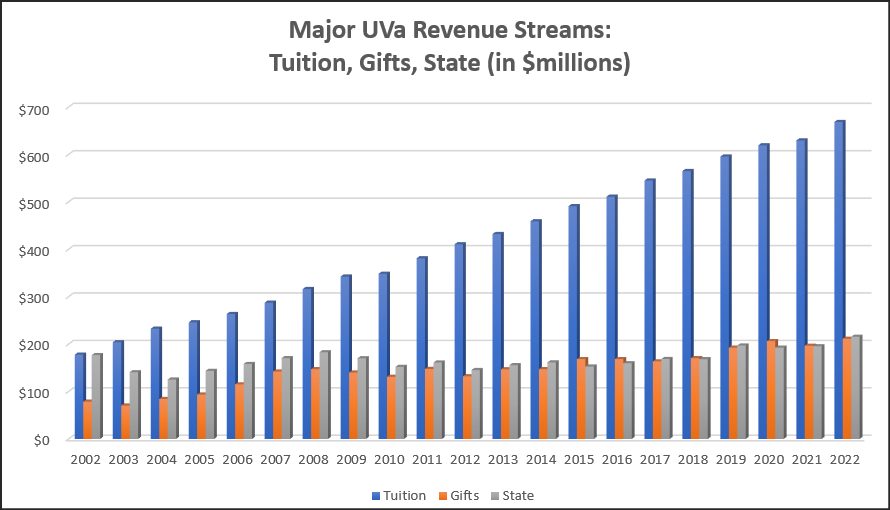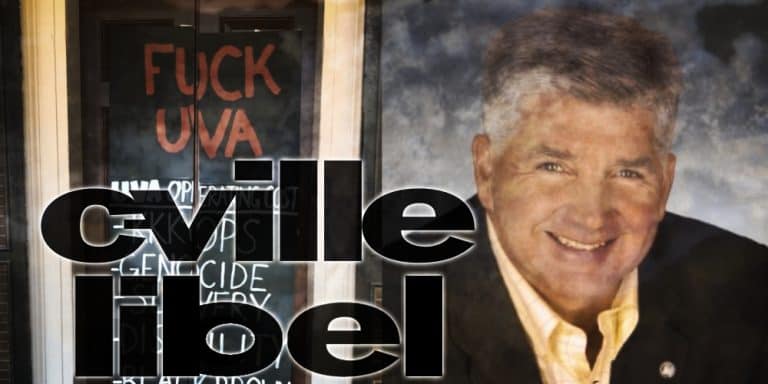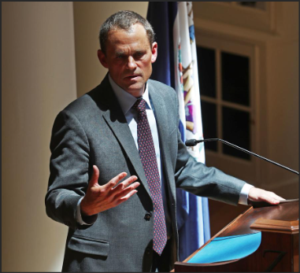
Photo credit: Richmond.com
by James A. Bacon
University of Virginia President Jim Ryan begs to differ with critics of “Diversity, Equity & Inclusion.” The term “equity” has become a lightning rod in the debate over DEI, he writes in an essay recently published in The Chronicle of Higher Education. Somehow, he muses, people got the idea that equity means “equal outcomes” as opposed to “equal opportunity.”
“I have no idea where this idea came from, but it ought to be rejected out of hand,” he says. “I know of no college that assures equal outcomes.”
Where, oh where, could critics of UVa’s Diversity, Equity & Inclusion policies have gotten the idea that equity stands for equal outcomes?
Perhaps they got it from “Audacious Future: Commitment Required,” which summarized the 2020 findings of UVa’s Racial Equity Task Force established by Ryan. The document was endorsed by the Board of Visitors, and never has Ryan, the Board, or anyone else in authority at UVa distanced themselves from its goals and objectives.
The task force reports makes abundantly clear what “equity” means to the authors of the report (my bold face). Continue reading

 by James A. Bacon
by James A. Bacon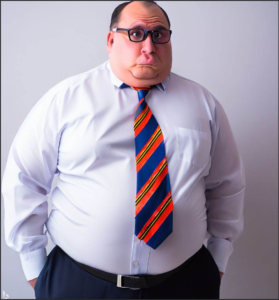 by James A. Bacon
by James A. Bacon
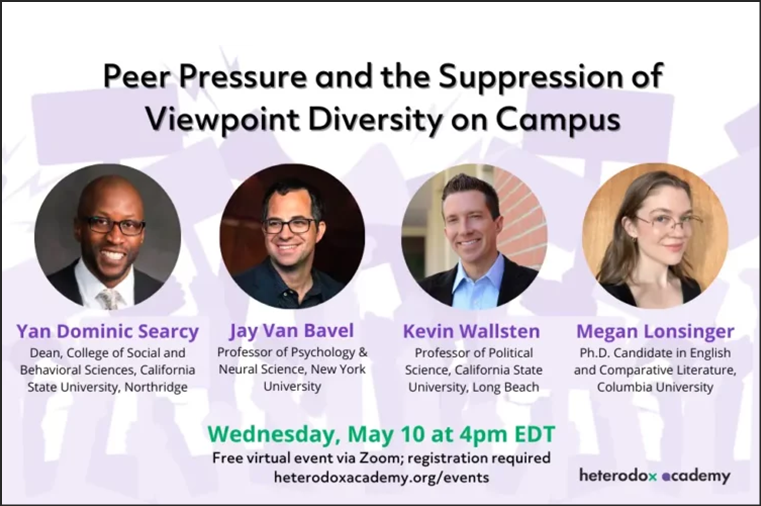
 By introduction, I am a graduate of The College and Darden. I continue to believe the University is the most special place in the world, for all the reasons that I’m sure you and your friends & colleagues share.
By introduction, I am a graduate of The College and Darden. I continue to believe the University is the most special place in the world, for all the reasons that I’m sure you and your friends & colleagues share.